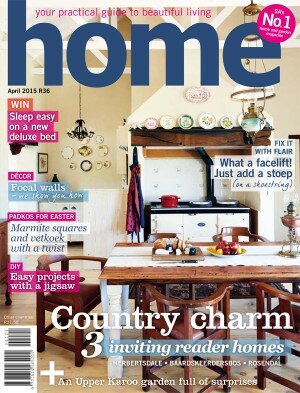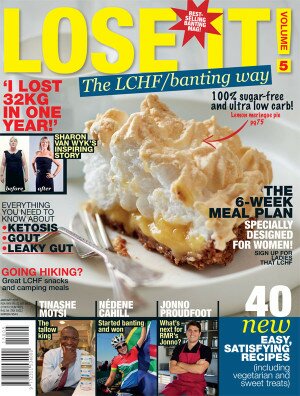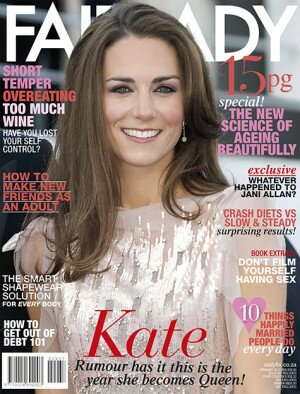-
Make the rate hike work for you
6 February 2014
Many consumers are still working out the implications of last week’s largely unexpected rate hike and the latest fuel-price increase, which has pushed the cost of petrol to a high of just under R14/litre for the first time. There are more cheerful ways to start a new year. Some of us wryly refer to ‘Jan-u-worry’ as the leanest month, but with two unpleasant surprises only a week apart, quite a few South Africans will really struggle financially. Plus the first interest rate increase in nearly six years could be the first in a series of increases.
Time to review your situation
Sinenhlanhla Nzama, Investment Marketing Actuary at Old Mutual, says that while the increase of 50 basis points came largely as a surprise, South Africans can use this as an opportunity to review their financial plans and build wealth. ‘Many motorists already do all they can to limit their driving and keep their fuel bills as low as they can. And while South Africans like to put on a brave face, a lot of us find the beginning of the year difficult financially. There’s the temptation to spend more than usual over the festive season, so the interest rate hike and the fuel-price increase may feel like a double whammy.
‘This is especially true when the weak rand is driving a series of fuel-price increases, which drive up the cost of everything else. But it also provides a reminder not to try to “go it alone” when it comes to money. Changes in the financial environment illustrate the importance of getting good advice.’
Ask a financial adviser to help you ride the rising cost of living
An accredited financial adviser can help you review your monthly budget and identify things you can do without. You could consider lift clubs or public transport if you drive to work. Make adjustments on your spending habits. For example, take a lunch box to work instead of buying takeaways. You will be surprised how much you can save this way, and you can use this money to reduce your debt faster by paying extra. This could even close the gap caused by the interest rate hike. Even if the rate goes down, don’t reduce your monthly repayments.
Nzama explains: ‘Plan to get rid of short-term debt, start saving and pay extra into your home bond, if you have one.’ It might even be worthwhile to pay off the outstanding balance on the credit card that worked overtime during the holiday period – you will be amazed to learn how much you can save on interest.
The principle behind this, says Nzama, is compound interest. Its power was emphasised by none other than Albert Einstein: ‘Compound interest is the eighth wonder of the world. He who understands it, earns it… he who doesn’t, pays it.’
‘The longer you’re in short-term debt, the longer you’re paying interest to someone else, either the bank, or a clothing chain or a short-term lender. The increase in interest rates means you’ll pay even more. So it’s worth sucking up the short-term pain to free yourself of short-term debt. For many of us that involves doing without nice-to-haves for a while.’
Commit to saving
A key to building personal wealth in general is to adopt the basic principles of saving money before you spend it. ‘Save first and spend the rest, rather than spend first and save the rest,’ explains Nzama.
Watch out for store-cards with introductory vouchers worth hundreds of rands. The interest on such accounts is always expensive. Online shopping can also lead to trouble: if you’re trying to get out of debt – or stay out – ask yourself hard questions before you buy. Just because a bargain is available doesn’t mean you have to buy it.
‘A far more basic step though is simply to know how much you earn and what it’s spent on. Establishing that already puts you in a better position than many South Africans, including those who earn more than you but are still always short of money.’













